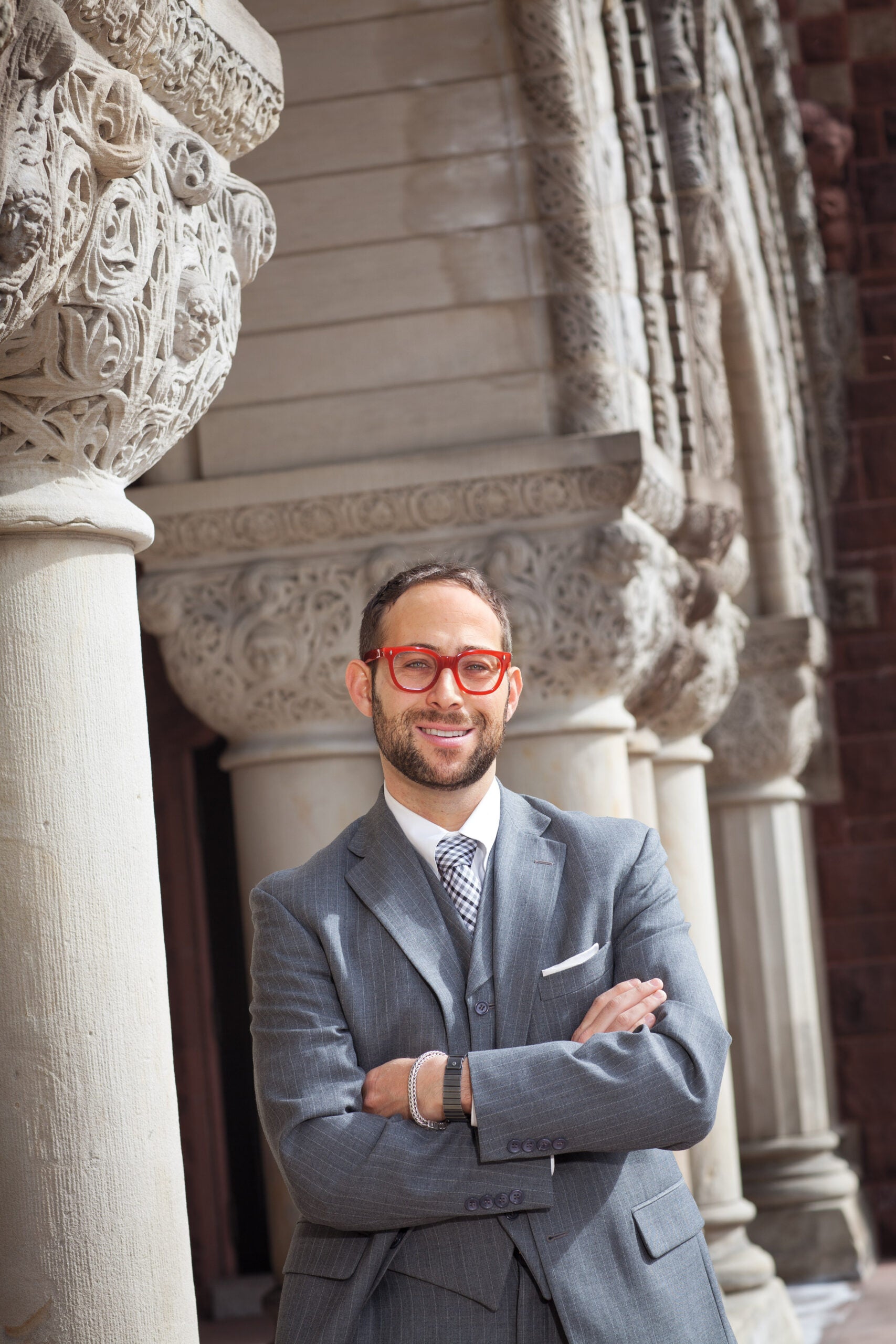Professor I. Glenn Cohen ’03, co-director of the Petrie-Flom Center, wrote “Protecting Patients with Passports: Medical Tourism and the Patient Protective-Argument.”
Cohen’s working paper, which will be published in the Iowa Law Review Vol. 95, No. 5, 2010, examines the growth of “medical tourism” – travel of patients who are residents of one country to another country for medical treatment – which is fast becoming a multi-billion dollar industry. Some of these patients seek services illegal or unavailable in the U.S. (such as experimental stem cell treatments) but many are uninsured and underinsured Americans who travel abroad to have surgical procedures performed at substantially lower cost than would be possible in the U.S.
Cohen describes the “dark side” of this industry, which includes concerns about how such tourism affects the ability of the poor in the destination country to access healthcare, concerns about the effect on health care markets in the U.S., and concerns about the welfare of American patients using medical tourism. That last concern takes center-stage in this Article (the first part of a larger project), and Cohen examines both whether these facilities provide poorer quality care as compared to their American counterparts (which he finds unclear based on existing data), and whether elements of U.S. civil procedure when combined with the substantive medical malpractice law of the countries where treatment is sought will mean that medical tourists face a diminished likelihood and extent of recovery should medical injury result (a near-certainty).
Cohen then examines a set of regulatory responses to medical tourism based on these concerns ranging from providing better information to prospective patients, to an outright ban, to channeling patients to particular providers or to use medical tourism for only particular services through penalties and incentives. He rejects an analogy to domestic prohibitions on contractually waiving medical malpractice liability and finds strong interventions such as outright bans normatively problematic even if they were feasible and thus favors only the informational ones.
Cohen then turns to the emerging insurer-prompted medical tourism industry, wherein insurers give incentives for or require covered populations to use medical tourism. He examines the ways in which this form of medical tourism is more troubling and proposes a regulatory framework building off insurance regulation to deal with it.
This paper was selected for presentation at the 2009 Health Law Scholars Workshop, co-sponsored by the American Society of Law, Medicine & Ethics and the Saint Louis University School of Law Center for Health Law Studies.
An assistant professor at HLS, Cohen’s primary research interests are in bioethics and health law. He was previously one of the inaugural fellow at the HLS Petrie-Flom Center for Health Law Policy, Biotechnology and Bioethics, and was appointed co-director of the center in the fall of 2009.
